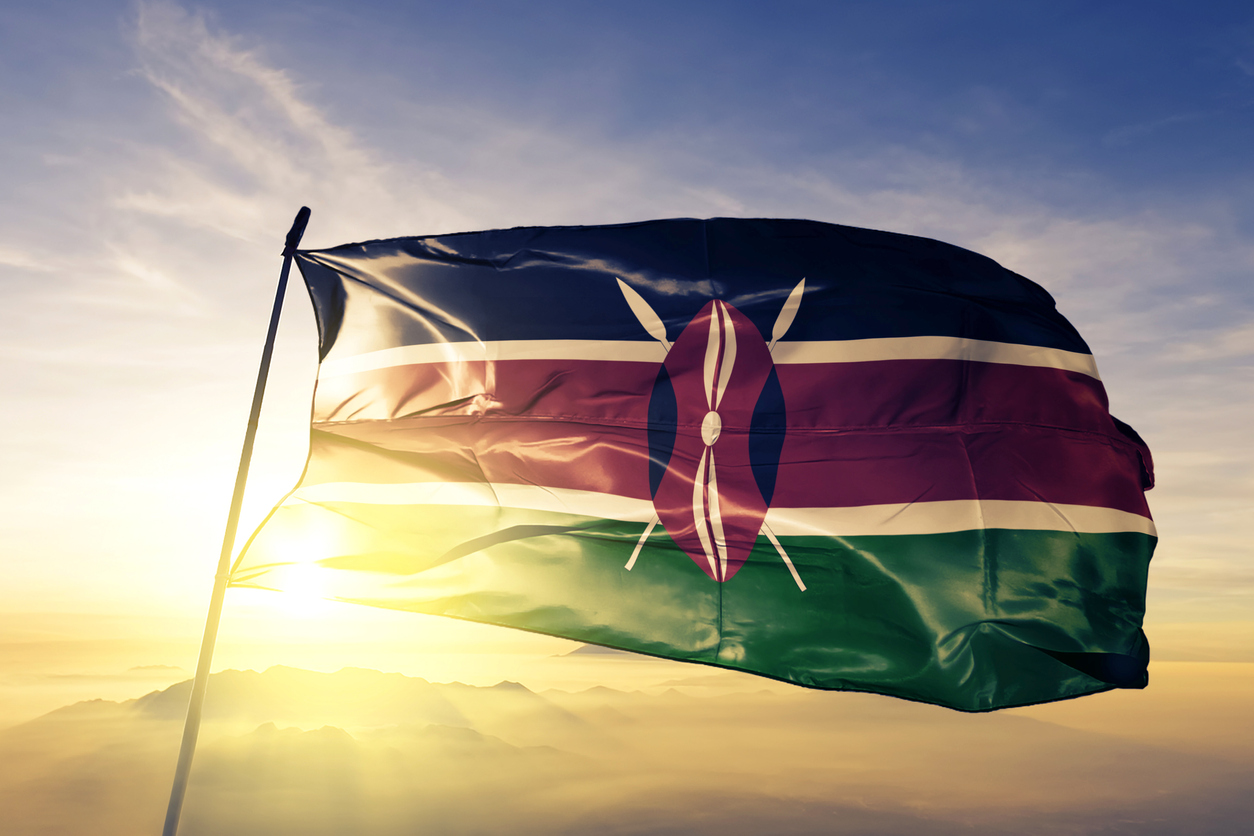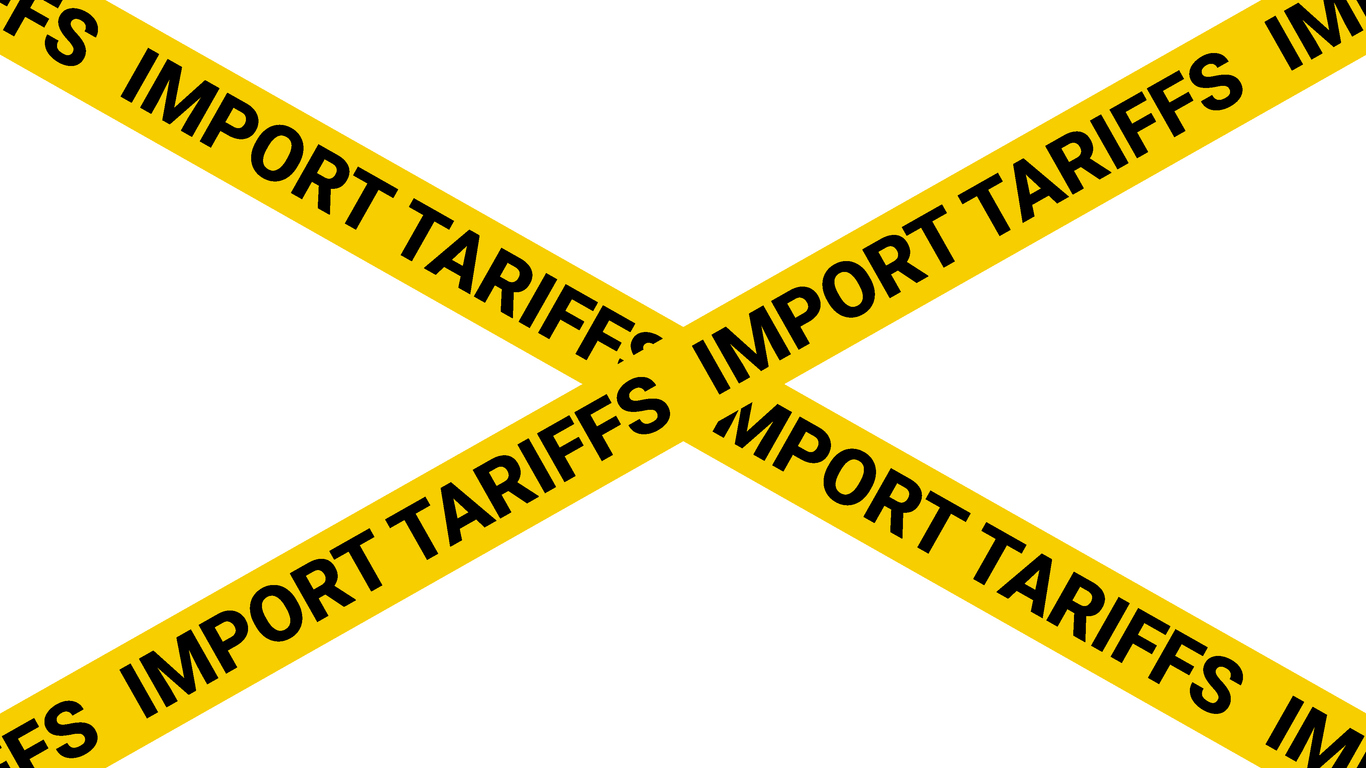How to Ship Goods from Mexico to Kenya
How to Ship Goods from Mexico to Kenya
When you run a business that ships goods internationally, you’ll likely need to do so at some point. Perhaps your online shop sells products from vendors in different countries, or you have customers in different locations around the world. Shipping goods internationally is also a great way for businesses to cut costs and increase profits. If you’re trying to figure out how to ship goods from Mexico to Kenya, read on for more information. Shipping goods from one country to another can be a complicated process; fortunately, this article will answer many of your questions about international shipping. From learning about services that specialize in shipping overseas to understanding the details of postal codes and customs procedures, we cover everything you need to know before moving forward with an international shipping plan.
Finding a Good International Shipping Service
Before you approach international shipping providers, you should have an idea of what you’re looking for. When determining which service you want to work with, keep an eye out for the following qualities: For example, you’ll want to make sure the service is reputable, has all the proper licenses, and can accommodate your goods. You may also want to look into how long the shipping process takes and how much it costs.
Know the Basics of International Shipping
When you’re planning to ship goods internationally, you’ll need to understand the basics of shipping terminology and how it works. First, there are two key terms you should know: “importers” and “exporters.” An importer is a person or business that buys and receives imported goods, while an exporter is the person or business that sells goods to the importer. When it comes to shipping, the importer is responsible for everything from identifying the goods to paying for the shipping costs. On the other hand, the exporter is responsible for clearing and transporting the goods to the importer’s location. Exporters have to make sure the goods can be legally imported to the importer’s country. This often involves completing a few tasks, including: The importer will likely be responsible for government-mandated inspections, if applicable.
Find Out More About the Shipping Process
When you’re ready to begin shipping goods internationally, it’s important to understand the shipping process. While there are many variables involved, the basic process for shipping goods looks something like this: – Preparation: Before you ship goods internationally, you need to make sure they’re properly packed and labelled. This is particularly important when shipping by air; air shippers must use a specialised packing method. – Sourcing: Depending on the goods you’re shipping, you may need to source them from a specific location or vendor. You may also need to source a postal code or phone number if your goods require tracking. – Customs clearance: You’ll need to clear customs for your goods to legally enter the importer’s country. Customs clearance is a multi-step process, but you can make the process easier by following a few guidelines, such as keeping a thorough inventory of your goods. – Shipping: Your goods will likely travel by air or sea to reach the importer. However, they may also travel by truck, train, or other modes of transportation.
Ship Goods from Mexico to Kenya with a Co-op Program
If your goods are agricultural or food-related, you may be able to ship them with a co-op program. Co-op programs help exporters with large shipments by providing them with a mechanism to access cheaper shipping rates. While there are many different co-op programs, you’ll likely want to approach the Mexican Export Co-operative Society (SOMEX) if you’re shipping from Mexico. Because your goods will be classified as bulk commodities, you’ll likely be required to ship by sea, making this a great option for shipping goods from Mexico to Kenya.
Ship Goods by Sea
If you’re shipping goods from Mexico to Kenya by sea, you’ll likely want to use a standard shipping method. If you need to transport your goods quickly, you may want to use a faster shipping method, like a premium shipping method. Standard shipping methods allow you to save money by shipping less-valuable goods at a slower speed. When you’re shipping goods by sea, you’ll likely want to choose the following standard shipping methods: – Container shipping: If you’re shipping large quantities of goods, you may want to use a container. Containers come in all shapes and sizes, ranging from 20-foot to 40-foot and 40-foot high. If you’re shipping smaller quantities, you can use a general cargo or Break Bulk shipment. – Roll-on/roll-off shipping: If you’re shipping smaller quantities or goods that are too large to fit in a container, roll-on/roll-off shipping may be a good choice. This method is often used for cars, trucks, and other large vehicles, but it can also be used to transport smaller goods.
Ship Goods by Air
If you’re shipping goods by air, you’ll likely want to use a premium shipping method. Premium shipping methods offer fast service, but they’re more expensive than standard shipping methods. If you’re shipping goods by air, you may want to consider these premium shipping methods: – Air express: Air express offers fast service, but it can get expensive. If you’re shipping high-value goods, air express may be a good option. – Air cargo: If you’re shipping large quantities of goods, air cargo may be a good option. It’s also a great choice if you need goods to be temperature controlled. – Air freight: Air freight is another option for shipping large quantities of goods. It’s often used for shipments to remote areas or for oversized goods that won’t fit in an aircraft’s cargo hold.
Ship Goods by Express Courier
If you’re shipping low-value goods, you may want to consider using an express courier. Express couriers move smaller quantities of goods, usually documents. And while you’ll likely pay more to ship goods by courier, you’ll save money by avoiding large shipping fees. When shipping goods by courier, you should keep the following in mind: – Identify customs requirements: Before you ship goods by courier, you’ll need to identify customs requirements. You’ll likely need to mark your goods as commercial samples, commercial goods, or professional equipment. – Manage other regulations: You’ll also need to make sure you comply with other regulations, such as packaging requirements. You’ll want to make sure your goods are properly packaged so they don’t become damaged during transit. – Decide which courier service you want to use: Once you’ve identified all the requirements for shipping goods by courier, you’ll need to decide which courier service you’d like to use. Couriers vary in cost and speed, so you’ll want to find the one that best meets your needs.
Conclusion
When you run a business that ships goods internationally, you’ll likely need to do so at some point. Perhaps your online shop sells products from vendors in different countries, or you have customers in different locations around the world. Shipping goods internationally is also a great way for businesses to cut costs and increase profits. If you’re trying to figure out how to ship goods from Mexico to Kenya, read on for more information. Shipping goods from one country to another can be a complicated process; fortunately, this article will answer many of your questions about international shipping. From learning about services that specialize in shipping overseas to understanding the details of postal codes and customs procedures, we cover everything you need to know before moving forward with an international shipping plan.








LEAVE A COMMENT
You must be logged in to post a comment.